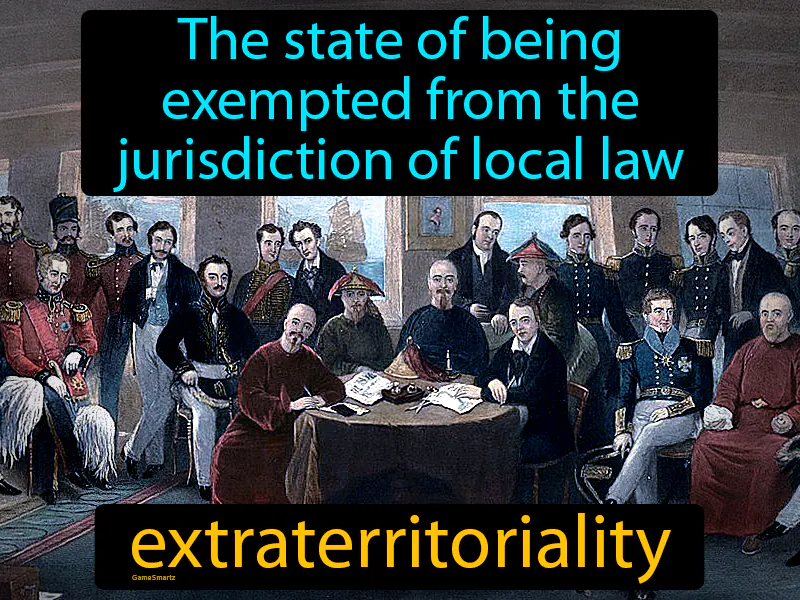Extraterritoriality
Extraterritoriality:
During the New Imperialism period (1800-1915), extraterritoriality allowed foreigners, particularly Europeans, to be exempt from local laws in the countries they operated, such as China and the Ottoman Empire. This was important because it gave foreign powers significant control and influence, often undermining local sovereignty and leading to tensions and resentment. It responded to the desire for economic and political dominance by imperial powers, ensuring their citizens could operate under their own legal systems. Today, extraterritoriality still matters in the form of diplomatic immunity, where diplomats are not subject to the host country's laws. For example, if a foreign diplomat commits a minor crime like a traffic violation in another country, they are often not prosecuted under local law due to diplomatic immunity, illustrating how extraterritoriality still impacts legal jurisdiction and international relations.

Practice Version

Extraterritoriality: The state of being exempted from the jurisdiction of local law. Extraterritoriality. In history, extraterritoriality allowed foreigners to be tried under their own country's laws instead of the local laws where they lived or worked.
